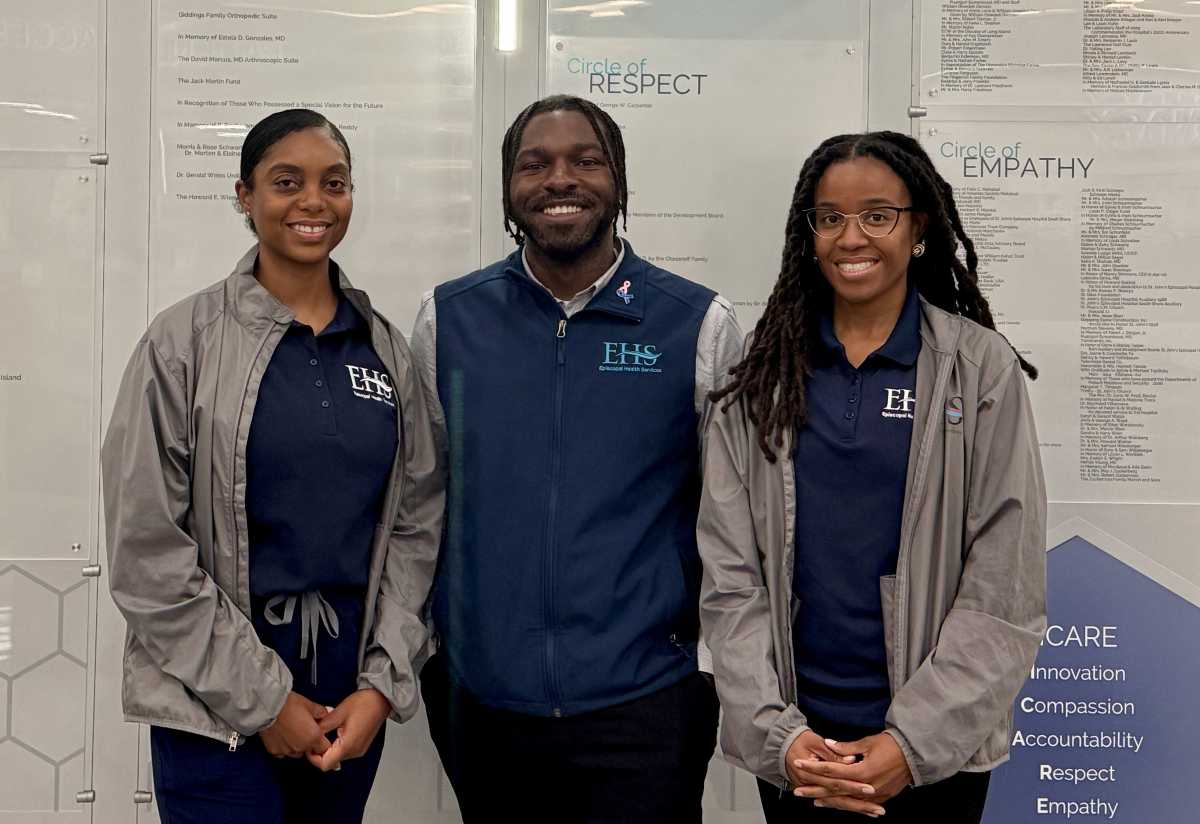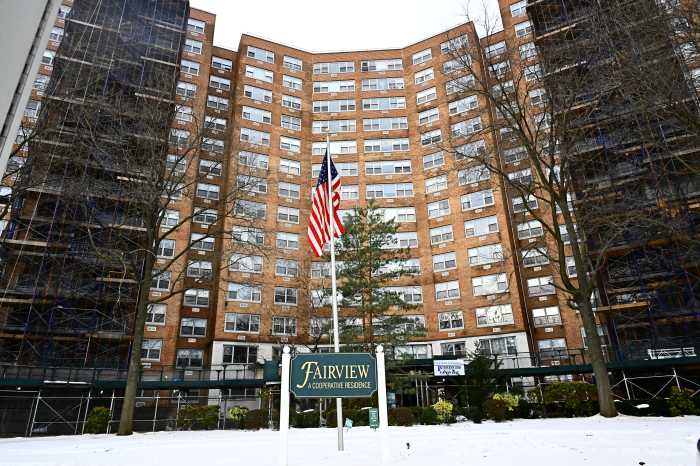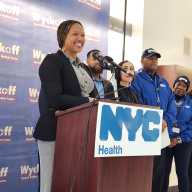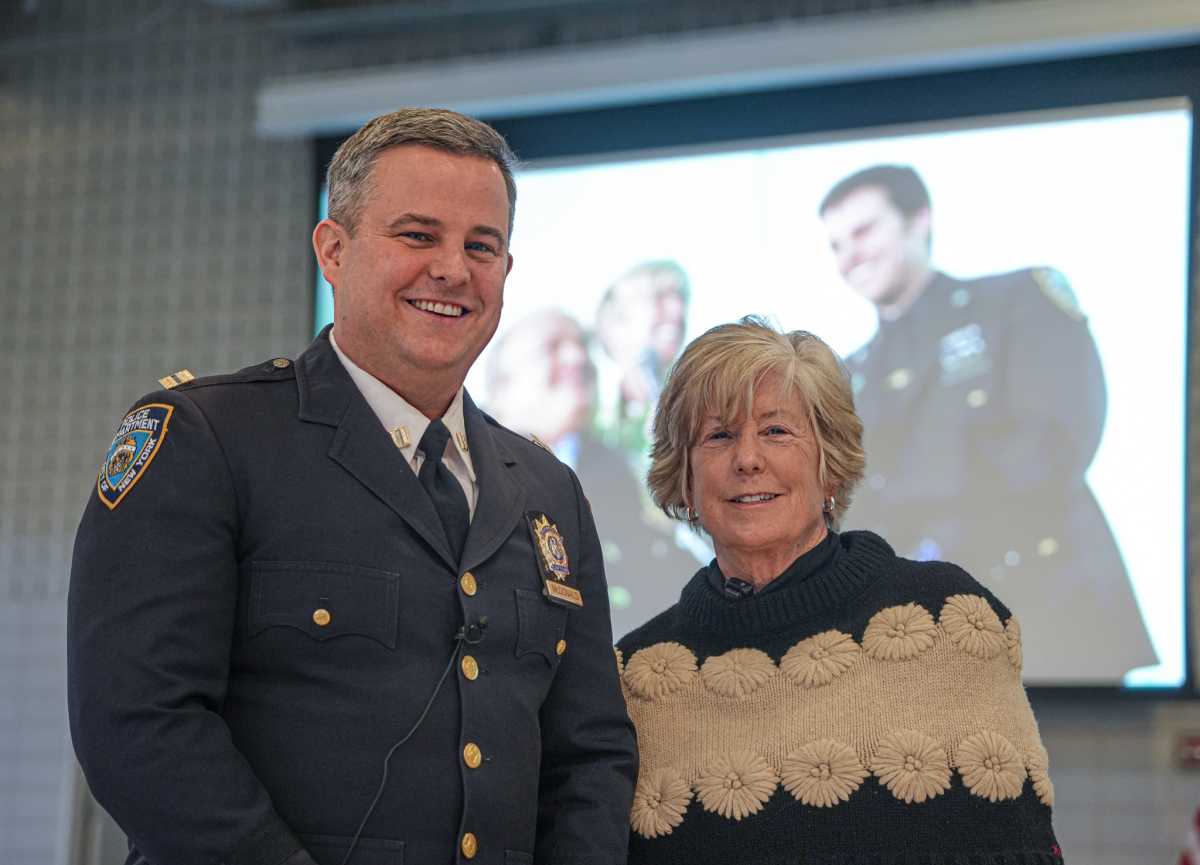Episcopal Health Services (EHS) announced the launch of its “Food as Medicine” pilot program to improve health outcomes by addressing the link between nutrition and chronic disease management on Wednesday, Oct. 8.
Created in partnership with the Campaign Against Hunger, Food as Medicine reflects EHS’s commitment to health equity and social impact by removing barriers to care and supporting patients in achieving sustainable wellness. This program recognizes that access to nutritious food can be pivotal to promoting health, preventing disease and treating certain conditions.
“This program reflects our commitment to treating the whole patient, not just the illness,” EHS Chief Executive Officer Donald T. Morrish, MD, MMM, said. “By combining medical oversight with access to nutritious food – through our partnership with Campaign Against Hunger – we are empowering patients to take control of their health, prevent complications before they arise and build sustainable habits that support long-term wellness.”
The pilot program is intended for people over 18 years of age diagnosed with Stage 2 Hypertension and who have experienced multiple hypertensive crises that have resulted in at least four visits to the emergency department or their primary care physician within the last 12 months. Those in the program must also be facing food insecurity. Overcoming systemic barriers that limit one’s access to healthy food can ensure patients have the tools and support needed to manage chronic conditions like hypertension and improve their overall well-being.
“At EHS, our mission extends beyond hospital walls,” EHS SVP and Chief People Operations Officer Sharika Gordon said. “Programs like Food As Medicine demonstrate how we are investing in the social and environmental factors that influence health. Through this initiative, we are helping patients and community members build healthier lives and stronger futures.”
Participants in the six-month Food as Medicine program will benefit from personalized guidance and support. They will first meet with a registered dietician, who will help them come up with a personalized nutrition plan. Within the first month of the program, the participants will have their blood pressure, vitals and weight assessed by their primary care physicians, who will also finalize a tailored food plan in consultation with the dietician. Progress will be tracked at three months and six months, with adjustments being made if needed.
Thanks to the partnership with the Campaign Against Hunger, EHS will be able to provide weekly medically prescribed groceries and monthly kitchen demonstrations for those in the program. These will help equip them with both the food and practical skills necessary to follow their individualized plans.
Weekly virtual or phone check-ins will be conducted by EHS Population Health Team nurses to monitor the blood pressure, BMI and weight of those in the program.
“This is the next step in our health equity journey,” EHS Chief Social Impact Officer Vanessa Nazario, DBA, said. “Collaborating with our patients and community partners ensures individuals not only receive the care they need but also have access to nutritious food that supports long-term health.”
The pilot program reflects the efforts of EHS to advance innovative, person-centered care that addresses the root causes of chronic disease while also supporting the health and wellness of the residents of Far Rockaway and the surrounding communities it serves.
Those interested in learning more about or signing up for the Food as Medicine program can call (718)-869-7100 or email FoodAs_Medicine@ehs.org.


































